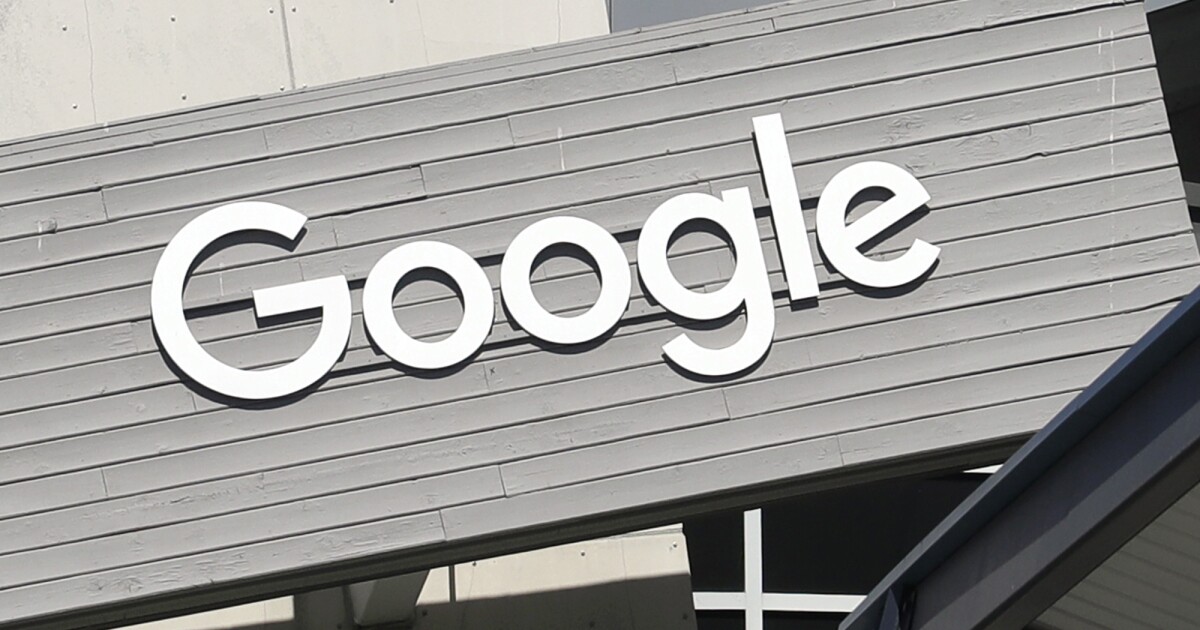Google’s parent company posted its slowest quarterly revenue growth since 2020 on Tuesday, the latest sign that the huge gains tech companies have enjoyed during the pandemic are fading in the rearview mirror.
For most companies, the numbers reported by Alphabet Inc. would be cause for celebration. But tech companies come in a different size, with investors typically measuring them by how much growth they achieve each quarter compared to the year-ago quarter.
Alphabet started this year with drastically declining growth trends. This has already contributed to a 20% drop in its share price since peaking at around $3,030 in early February before a widespread sell-off in tech stocks. Shares lost another 4% in extended trading on Tuesday after the latest quarterly figures were released.
Worries about slowing growth have become an even bigger concern amid rising interest rates aimed at mitigating the highest inflation rates in more than 40 years. Higher borrowing costs, coupled with the economic upheaval caused by the war between Russia and Ukraine, are more likely to chill the US economy and further dampen growth.
Alphabet’s revenue in the January-March period totaled $68 billion, a 23% increase from the same period last year. It was the first time since 2020 that the company recorded a year-over-year revenue gain of less than 30%. The figure fell to about $40 million below the average estimate among analysts polled by FactSet Research.
First-quarter profit fell 8% from a year earlier to $16.4 billion, or $24.62 per share. It was also below the average analyst projection of $25.47 per share, according to FactSet.
As usual, advertising has flowed through Google’s dominant search engine and a vast network that winds through much of the digital economy. Google’s ad sales totaled $54.7 billion in the first quarter, a 22% increase from the first quarter of last year.
Comparisons to last year were bound to be tough for Google and a wide range of other tech companies. Their digital services and gadgets were in high demand during a pandemic that forced most people to spend much more time at home, often alone, amid government shutdowns and other restrictions.
Initially, Google was hit by economic jitters that led to its first-ever year-over-year decline in quarterly revenue during the early months of the pandemic. But the Mountain View, Calif. company rebounded strongly as the e-commerce boom prompted a flood of ads.
Now that rise appears to be over, facing Alphabet for a tougher year ahead. With its shares now in the doldrums, the company has announced plans to buy back up to $70 billion of its stock when it sees fit.
“Alphabet faces the same headwinds as other major digital platforms – with the war in Ukraine and rising inflation added to the comparison with quarters of hyper growth during COVID lockdowns, and these results reflect that. “said Tom Johnson, chief digital officer for WPP Mindshare, a global media agency.
Ruth Porat, Alphabet’s chief financial officer, appeared to be bracing for another quarter of sluggish growth in the current April-June period by reminding analysts on a conference call Tuesday evening that the company had posted a gain of 62% last year. That, she says, will make for a “difficult” comparison that will be made worse by Google’s suspension of operations in Russia in protest at its invasion of Ukraine.
But at least Google isn’t yet facing as much pressure as other once high-flying tech companies, such as video streaming leader Netflix, which has suffered its first loss of subscribers in more than a decade earlier this year after reveling in meteoric growth at the start of the pandemic.
In an effort to regain lost momentum, Netflix plans to crack down on subscribers who shared their passwords with free download viewers and may start running ads on a cheaper version of its service for the first time.

